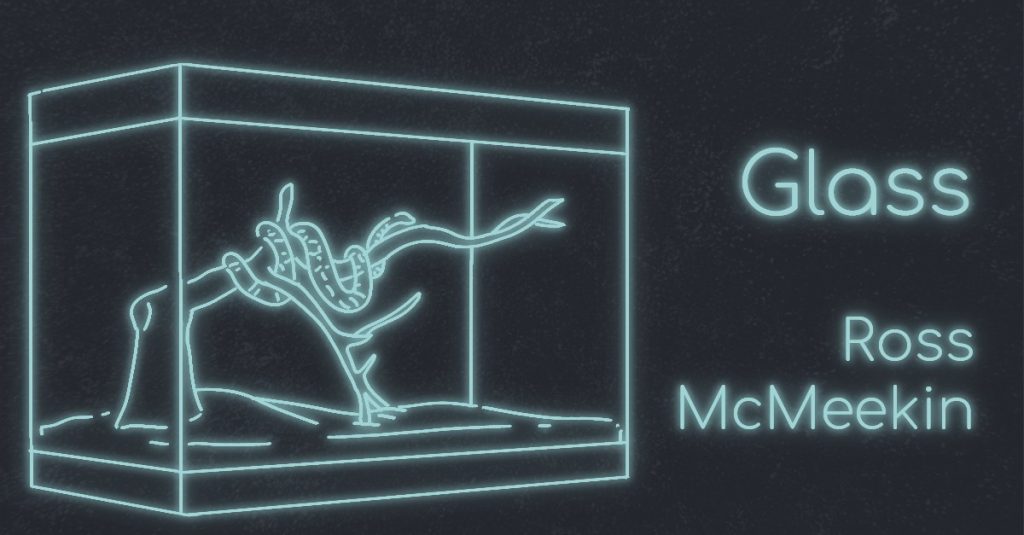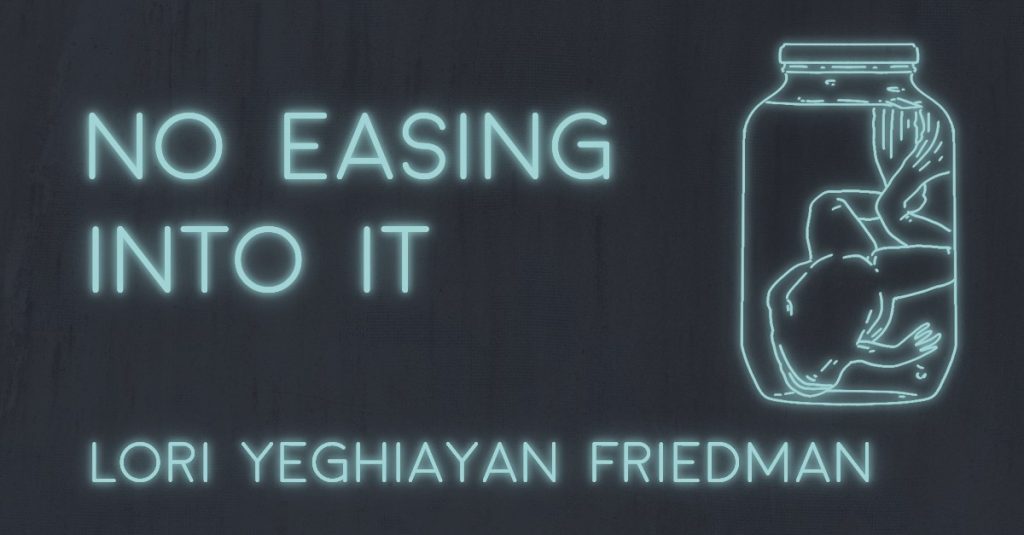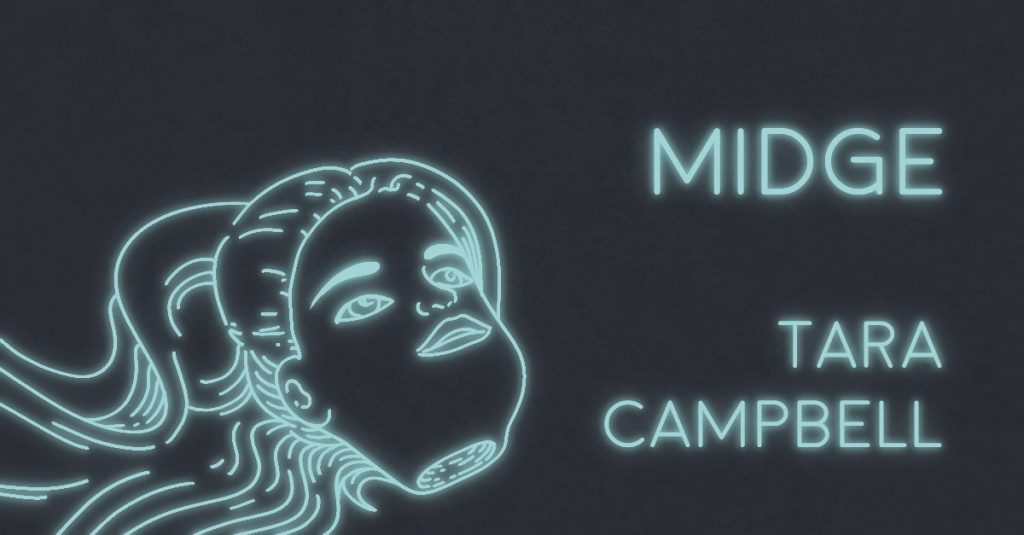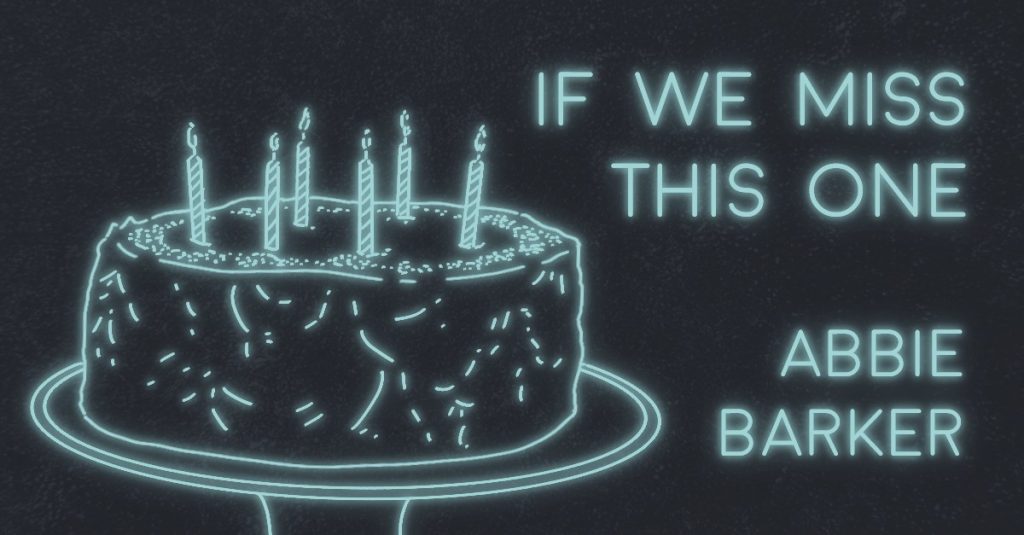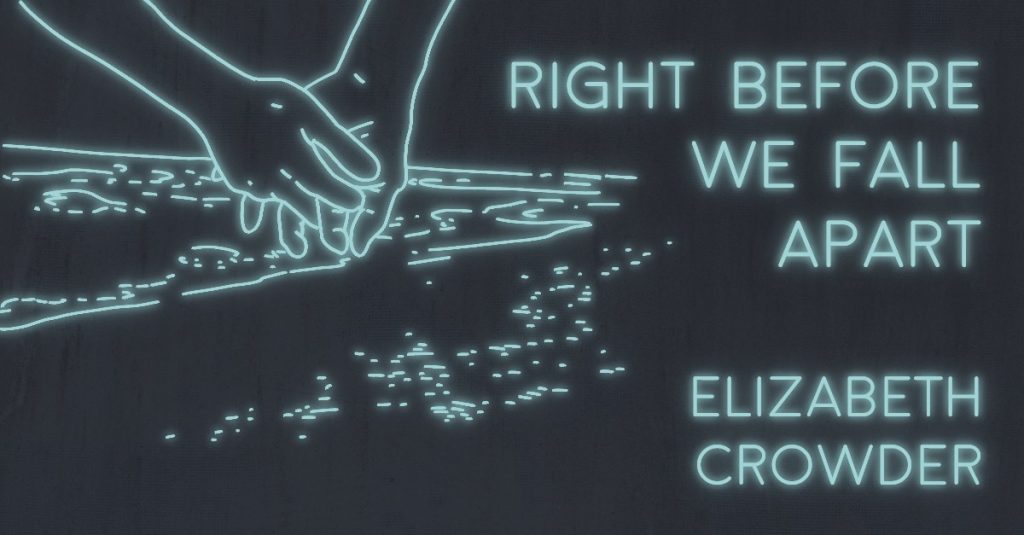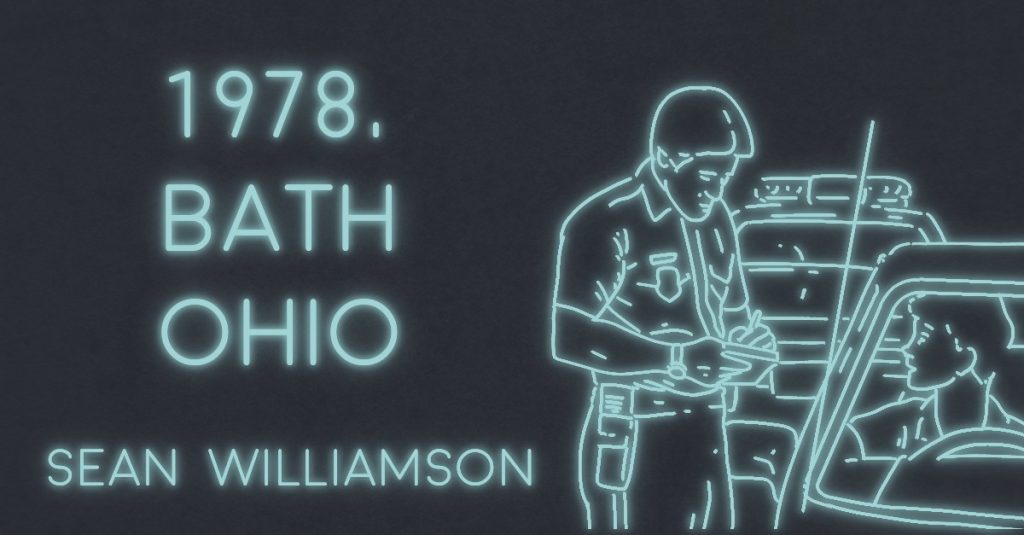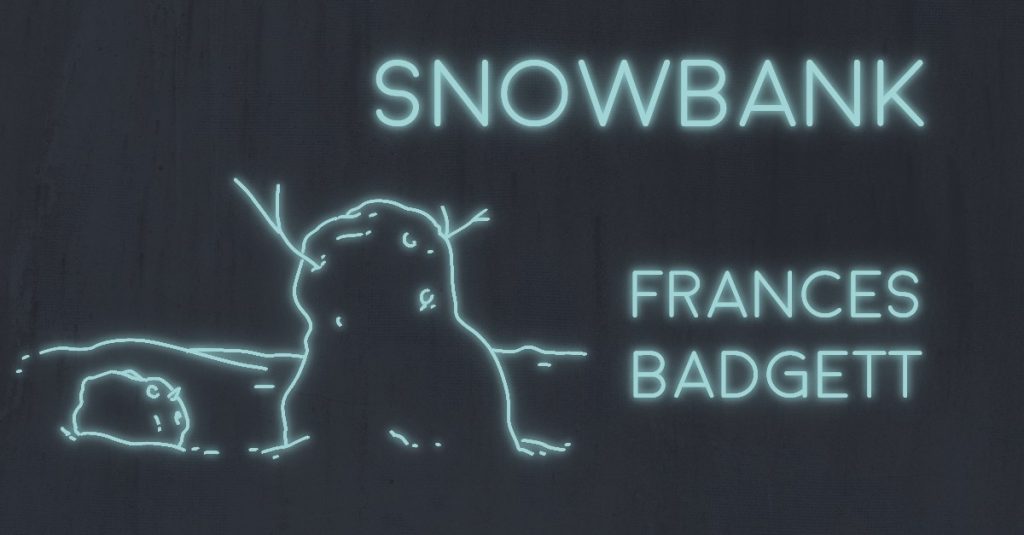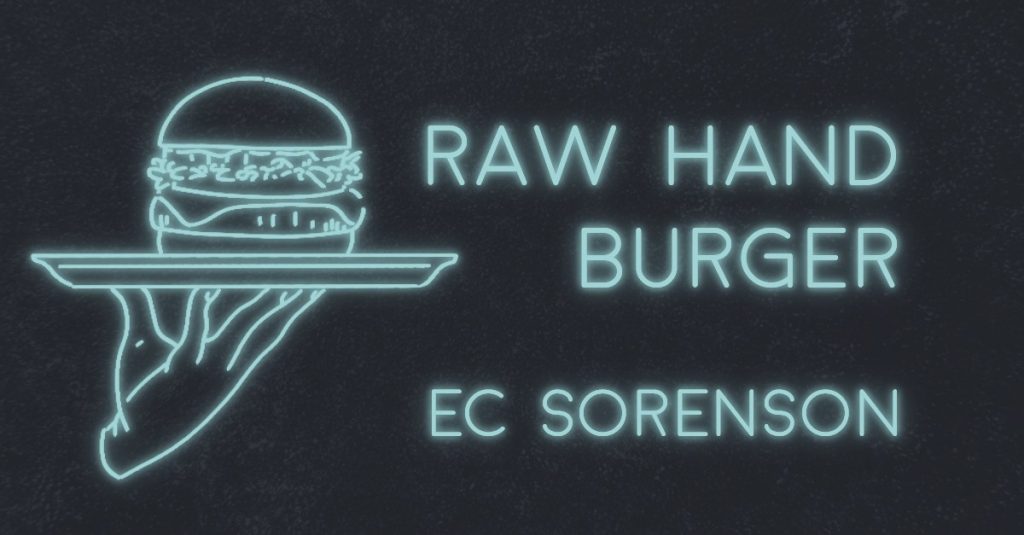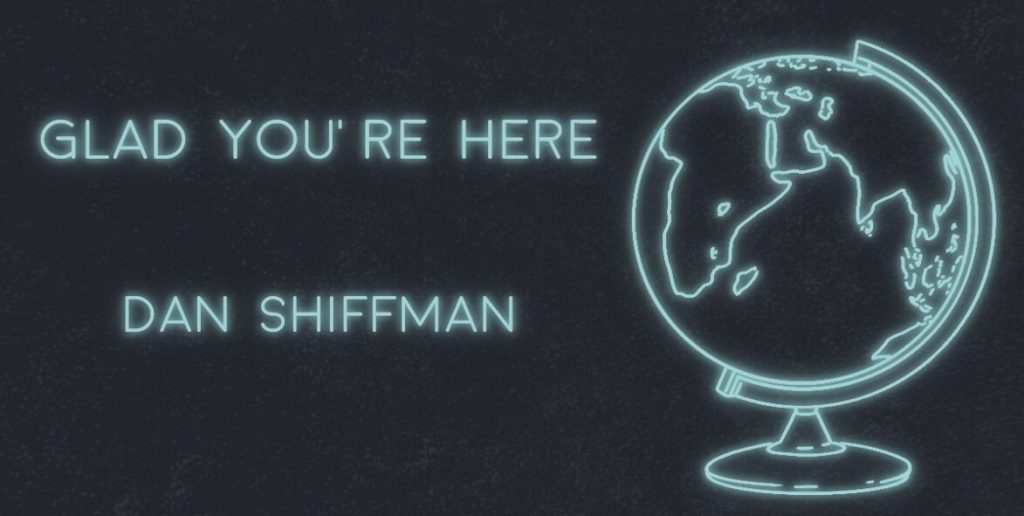
GLAD YOU’RE HERE by Dan Shiffman
You are the one who goes back for the remaining Christmas presents while the rest of the family hugs in puffy coats by the doorway. The straps on the duffel bags pulled from the trunk of the car are rough and chilled. When you come inside, everyone is already seated around the fireplace or in the kitchen. They ask a smiling question or two, then the conversation floats to the other side of the room. The dog—it’s a golden retriever; it used to be a Schnauzer—stretches and walks over looking for attention and reassurance. You pour a glass of Coke,…

